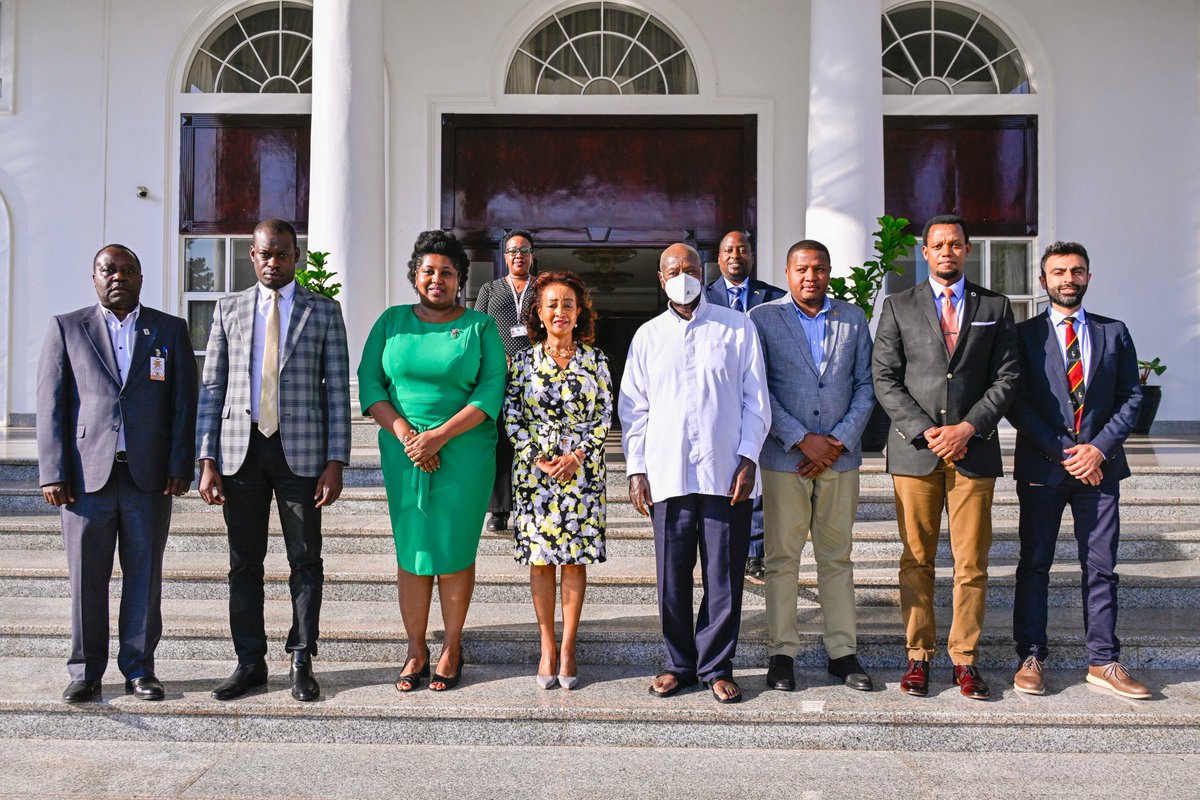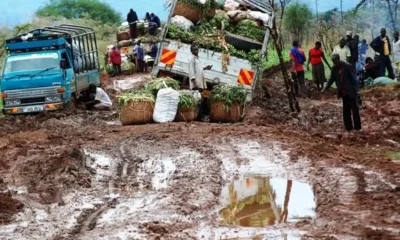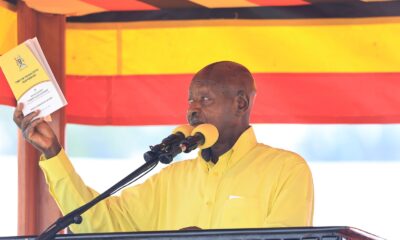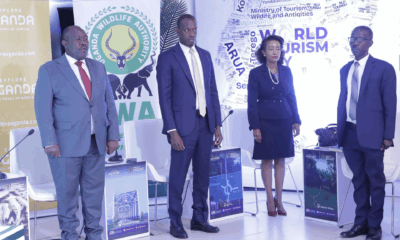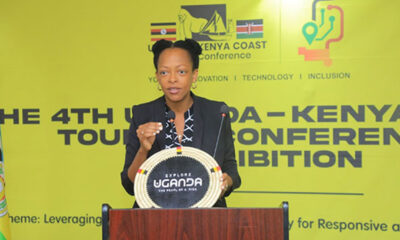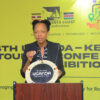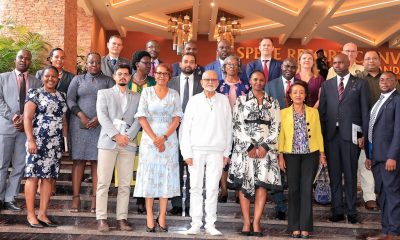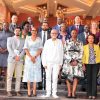Tourism
Uganda’s President Museveni Opposes Taxation of Hotels, Declares Tourism an Export Sector
President Yoweri Kaguta Museveni has come out strongly against the taxation of hotels, arguing that the tourism sector is an export industry and should not be subjected to domestic-style taxes.
Speaking during a meeting with the Uganda Tourism Association (UTA) at State House Entebbe, the President emphasised that tourism — like the export of goods such as milk — brings foreign revenue into the country and should therefore benefit from export-friendly policies.
“Tourism is an export business,” Museveni said. “You are exporting a service, and we do not tax exports. So taxing hotels the way you are talking about is really not correct.”
The President expressed surprise upon learning from UTA officials that hotels, which he described as the backbone of the tourism industry, are being taxed like local consumer businesses.
“I was not aware that you were being taxed like that,” he said. “Mainly, it’s actually an export. That’s number one.”
Museveni also criticized the current financing model for tourism enterprises, saying it was counterproductive for the sector to rely on high-interest commercial loans. Instead, he argued, tourism businesses should access funding from Uganda Development Bank (UDB), as is the case for manufacturing and other strategic sectors.
“If factories don’t borrow from commercial banks, why do you want tourism businesses to borrow from commercial banks?” he questioned. “How will they succeed? It’s not correct. These are policy issues, not money issues, and I’m going to take them up.”
The meeting followed a detailed presentation by UTA President Ms. Yogi Biriggwa, who called for structured support to the association, including UGX 800 million annually for three years to strengthen the UTA Secretariat and implement key reforms.
“This funding will enable UTA to play its rightful role as the unifying voice of the private sector in tourism,” Biriggwa said, aligning the proposal with Uganda’s ambition to achieve USD 4 billion in annual tourism earnings by 2030 under the National Development Plan IV.
The President welcomed the proposal, assuring the delegation: “I will read the whole document and give orders in writing.”
Ms. Biriggwa noted that Uganda’s tourism industry is rebounding impressively post-COVID, with tourism earnings growing by 13.1% to USD 1.52 billion and tourist arrivals increasing by 7.7% to 1.37 million in the 12 months to March 2025. Domestic visits to national parks also rose by 15.7%, and Uganda now ranks 7th in Africa for MICE tourism, thanks to investments such as the Speke Resort Convention Centre.
Despite these gains, she warned that deeper financial and structural bottlenecks persist. Access to affordable credit remains a key constraint, with commercial loan rates ranging from 20% to 25% and even UDB loans ranging between 12% and 16% — still too high for most tourism investors.
In 2023, the sector received only UGX 16.84 billion, a mere 1.3% of UDB’s UGX 610 billion in disbursements, and tourism secured just 3% of total private sector credit, she added. The non-performing loan rate in the sector stood at 12.1% as of May 2024, double the national average.
While the government has increased tourism funding from UGX 289.6 billion in FY2024/25 to UGX 430 billion in FY2025/26, Biriggwa emphasized that this remains less than 1% of the national budget, despite tourism contributing around 5% to GDP.
She urged the government to raise the sector’s direct funding to at least 1% of the total budget, to support destination marketing, product development, skilling, and infrastructure development.
President Museveni acknowledged UTA’s concerns over access to high-value tourism destinations and pledged increased investment in regional air infrastructure.
“We’re working with the government of Sharjah to build an airport at Kidepo, and in Kihihi in the west. There’s an airstrip at Kakuba near Murchison Falls, and Mweya has an airstrip that could be developed. With our own resources, we shall develop infrastructure at Kasese, Arua, Kayonza, Kihihi, and Kidepo,” he revealed.
As the meeting concluded, Museveni assured the tourism stakeholders that their concerns would be addressed at a policy level.
“Tourism is an export, and we should treat it that way,” he said firmly.
The meeting was also attended by Hon. Martin Mugarra Bahinduka, Minister of State for Tourism, Wildlife and Antiquities, who reiterated the ministry’s commitment to working closely with the private sector to unlock tourism’s full potential.
Comments



